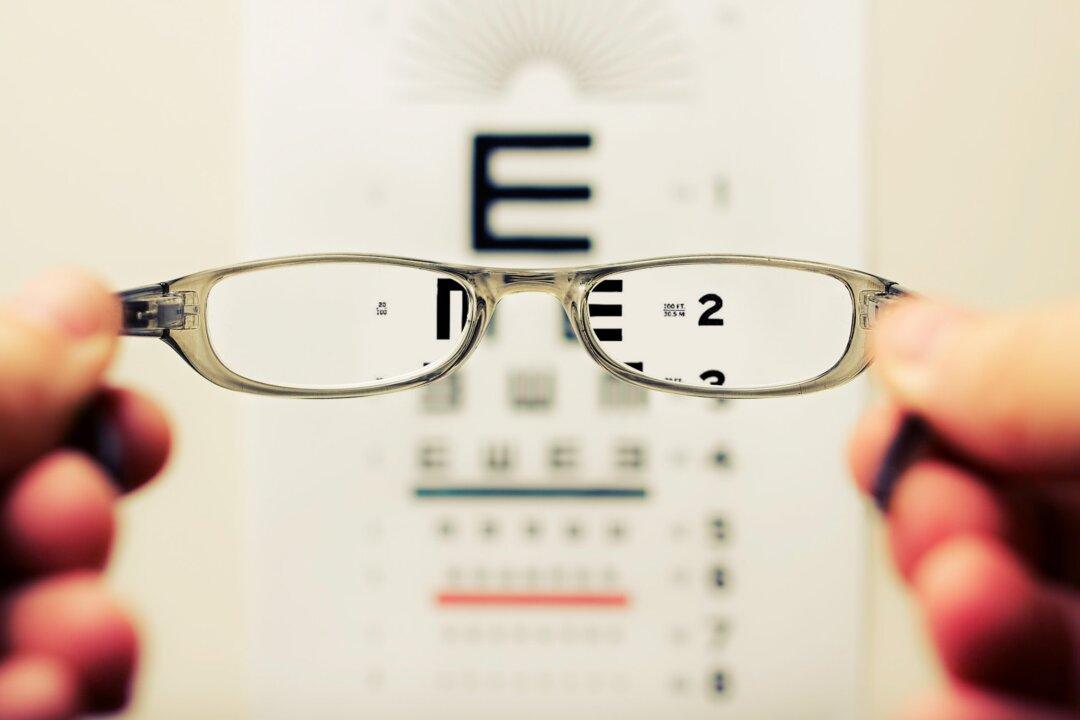When the symptoms of presbyopia appear, it means that the body has started aging. However, more and more people in their 30s are getting presbyopia early. Fortunately, there are some ways to protect your eyes and fight aging.
It is very common for people with presbyopia to have to hold things farther away in order to see them clearly. In addition, blurred vision and painful and swollen eyes may also be symptoms of presbyopia.





